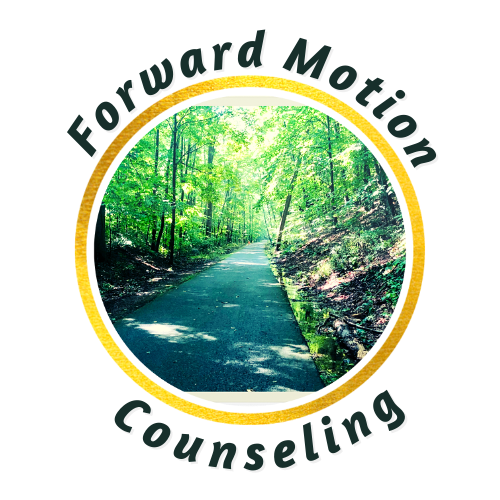Permission to Grieve
Last Spring I noticed that my beautiful Japanese maple tree was only producing a few leaves when it was supposed to be flourishing in the new season. I’m not an arborist, but I knew enough to know that it was not normal. After calling two professionals to check it out, I received a gut-wrenching verdict: the tree, likely originally planted in 1960, was dead and needed to come down. You might be thinking that it is just a tree and there are far greater losses that we humans have to face, but it still left me feeling sad. I thought about everything the tree provided: beauty, shade, privacy, and food for the birds, squirrels, and chipmunks. I imagined all of the families who lived in my home before me who also benefited from this tree’s beauty. I reflected on all the losses we can experience in a lifetime and realized that there are many losses that have nothing to do with losing another person. Losing my tree is a good representation of what many of my clients experience: loss that doesn't fit the mold of what most people think of when they think of grief, which can lead to feeling like their grief is wrong or unworthy of recognition.
You need permission to acknowledge all losses, not just death. There can be grief about losing a job, losing a home, losing oneself to trauma, friendship or relationship loss, a break up/divorce, changes in health or body, one’s children growing up and moving out, climate grief, the loss of a future you can no longer have. There are too many losses in this life to list. Who is to say that any one is less important than another? But the problem is that society does not really see the need to recognize such losses. There are no bereavement days for a break up. There are no cards for when your kids move out. There’s a huge shortage of services for people who lose their homes. On a smaller scale, such losses might not be acknowledged by friends or family. When the loss goes unrecognized, it can become disenfranchised. Disenfranchisement can lead to feeling isolated and like you don’t have control. It’s easy to see how losses that go unrecognized can really impact mental health, and sometimes you may not even be aware of it.
Sometimes having one person recognize your loss can make a huge difference and there are therapists out there ready for the call! Finding a therapist who is experienced with grief work and willing to sit in some discomfort is essential to moving forward with any loss. Opening up the conversation about the loss, how it impacts your life, how to cope with it, and how to hopefully learn to live with loss and find joy are all a part of healing.
So what happened to my Japanese maple tree? The tree was recycled by using its wood chips to create a new garden, and so I feel like the tree is still with us. I believe that loss in life can spark creativity and beauty, and that you can hopefully find this eventually too, no matter what kind of loss you are experiencing.
